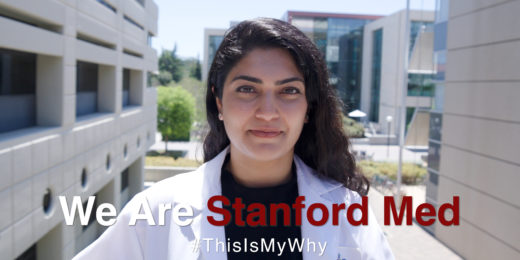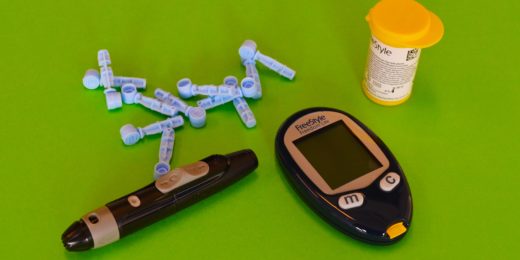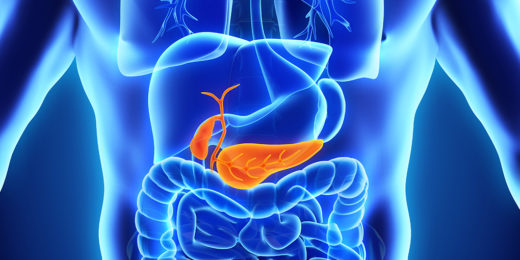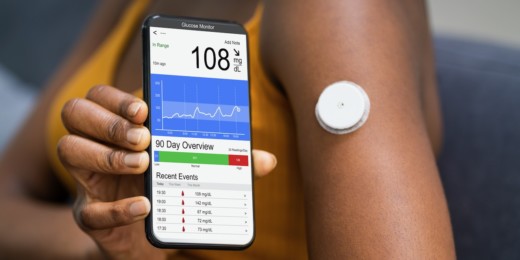Using AI, continuous glucose monitors, and an equity approach, diabetes care could be saving many more lives, Stanford Medicine researchers say.
Category: Diabetes
Why precision medicine leads to better diabetes care
Improvements in treatment technology are helping physicians deliver individualized care to their Type 1 diabetes patients.
What’s the deali-O Part 2: Navigating new weight loss drugs
Stanford Medicine obesity experts discuss the pros and cons of semaglutide, the active ingredient in Ozempic and other weight loss drugs.
What’s the deali-O with new weight loss drugs? Part 1
Stanford Medicine researchers weigh in on the promise and peril of increasingly popular diabetes drugs being used for weight loss.
We Are Stanford Med: #ThisIsMyWhy with Preksha Bhagchandani
Preksha Bhagchandani, a Stanford Medicine MD-PhD student, was inspired to become a diabetes researcher and doctor by her own diagnosis.
Digging into diversity to understand diabetes
Researchers are searching large, diverse genetic databases to better understand the roots of diabetes in diverse populations.
Cone snail venom and … insulin?
People with diabetes must plan meals and insulin doses, a hassle that may one day be eliminated thanks to cone snail venom.
Kids fare better with early use of diabetes technology
Providing continuous glucose monitors to kids with new type 1 diabetes improves their blood sugar levels a year later, a Stanford study showed
Diabetes, obesity and … the primary cilia?
A protein on a cell structure called the primary cilia links diabetes and obesity. The discovery may lead to new diabetes treatments.
Managing type 1 diabetes: Voices of the underserved
Stanford researchers and others created a project to increase the number of doctors who can provide diabetes care to underserved communities.
Coronavirus takes aim at insulin-producing cells in the pancreas
Stanford Medicine researchers discover that the virus behind COVID-19 attacks insulin-producing cells in the pancreas.
Technology equality gap for kids’ diabetes treatment is growing
As more children and teens with diabetes use technology to treat the disease, U.S. kids of lower socioeconomic status are being increasingly left behind.
Breaking down diabetes: A quick guide to the plethora of medications
As part of the series,Breaking down diabetes, physician Randall Stafford provides a straightforward guide to medications that can treat Type 2 diabetes.
Breaking down diabetes: Drugs for diabetes, starting with the best — metformin
Metformin is physician-researcher Randall Stafford's go-to drug for diabetes. He explains why in this installment in the series, Breaking down diabetes.
Easier-to-use technology helps young people with type 1 diabetes
Technology that sends blood sugar-level updates to their smartphones improves outcomes for young people with type 1 diabetes, a Stanford trial shows.
Researchers formulate new ultrafast insulin
Stanford University bioengineers are developing a faster-acting formulation of insulin that can help diabetes patients better regulate their blood sugar levels.
















